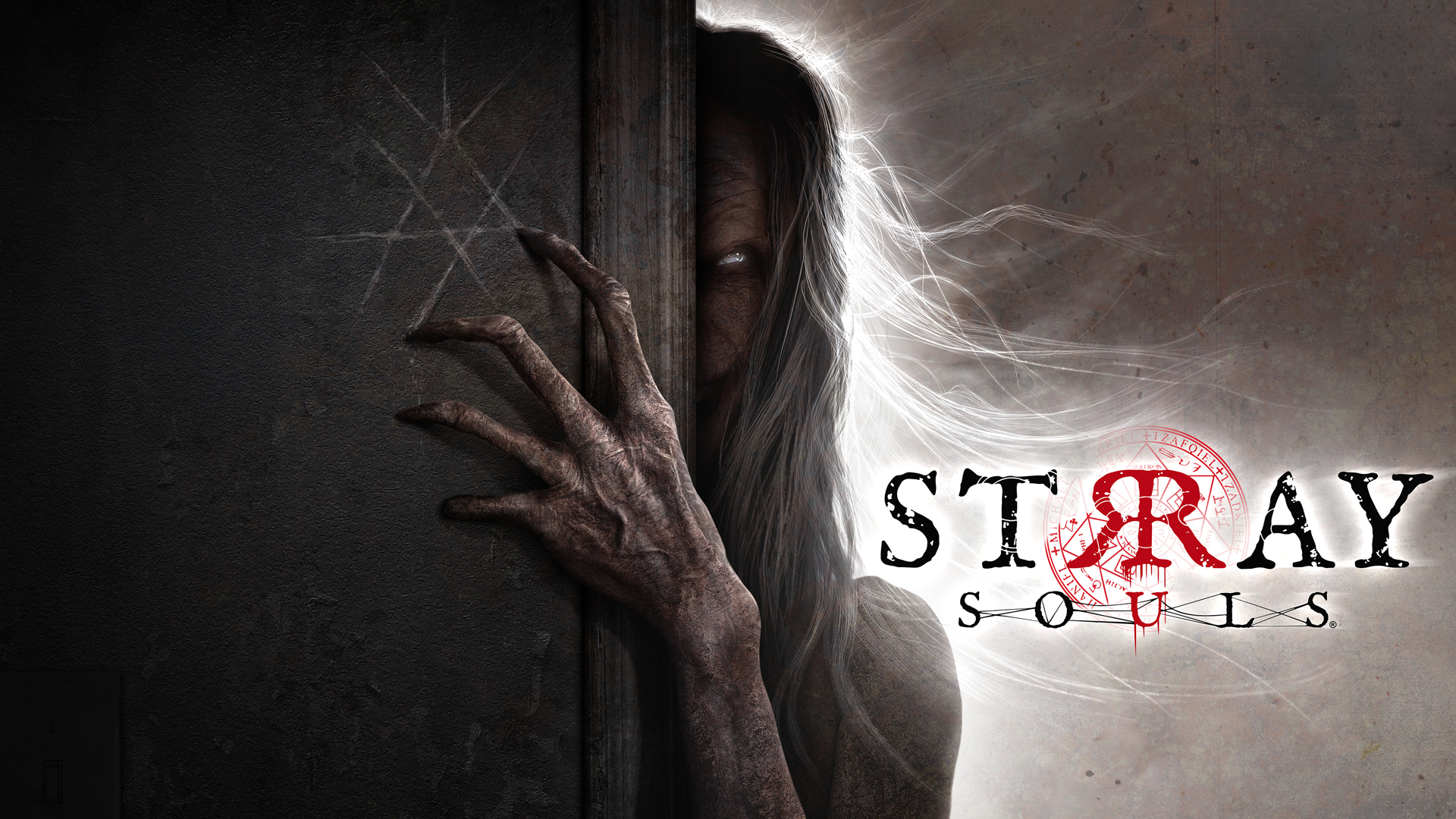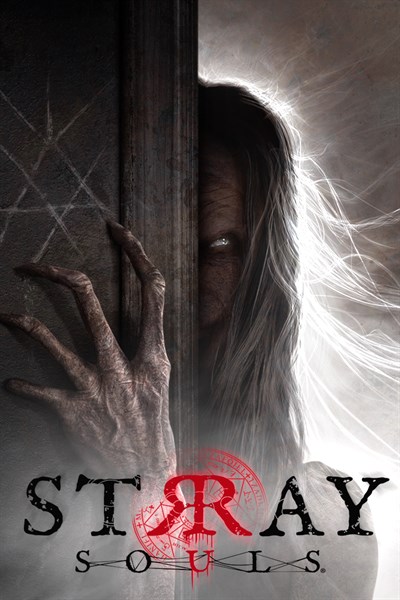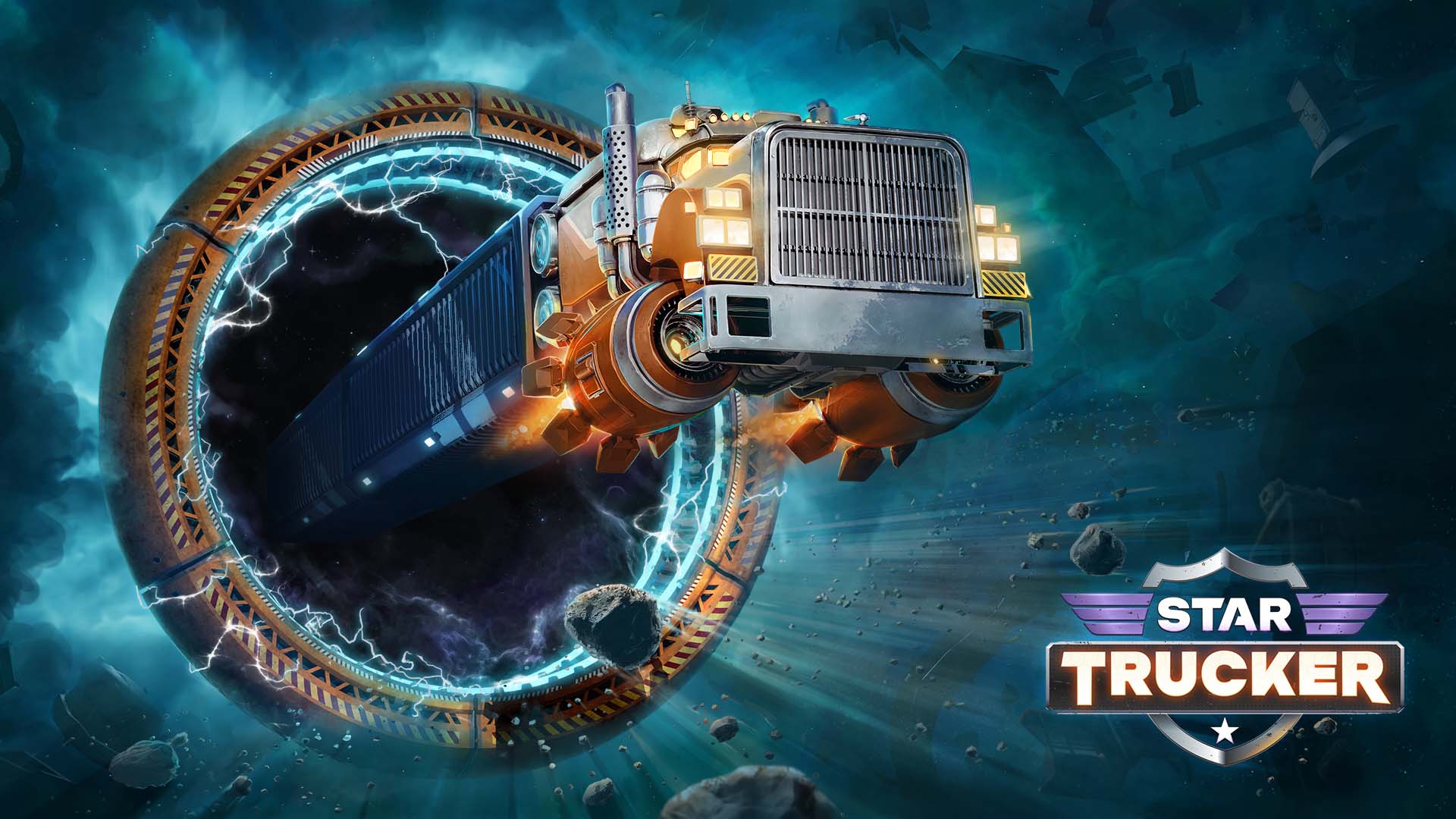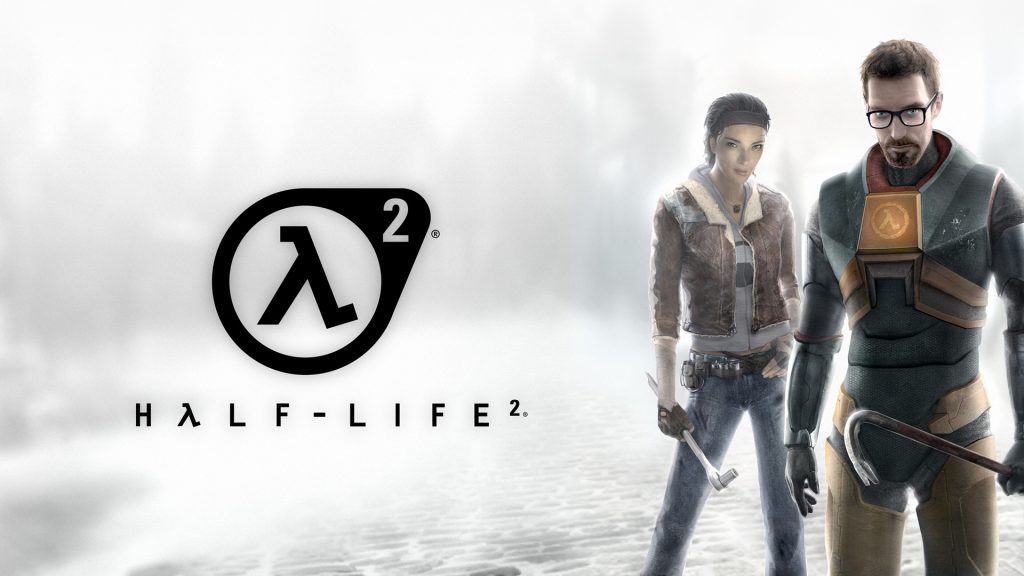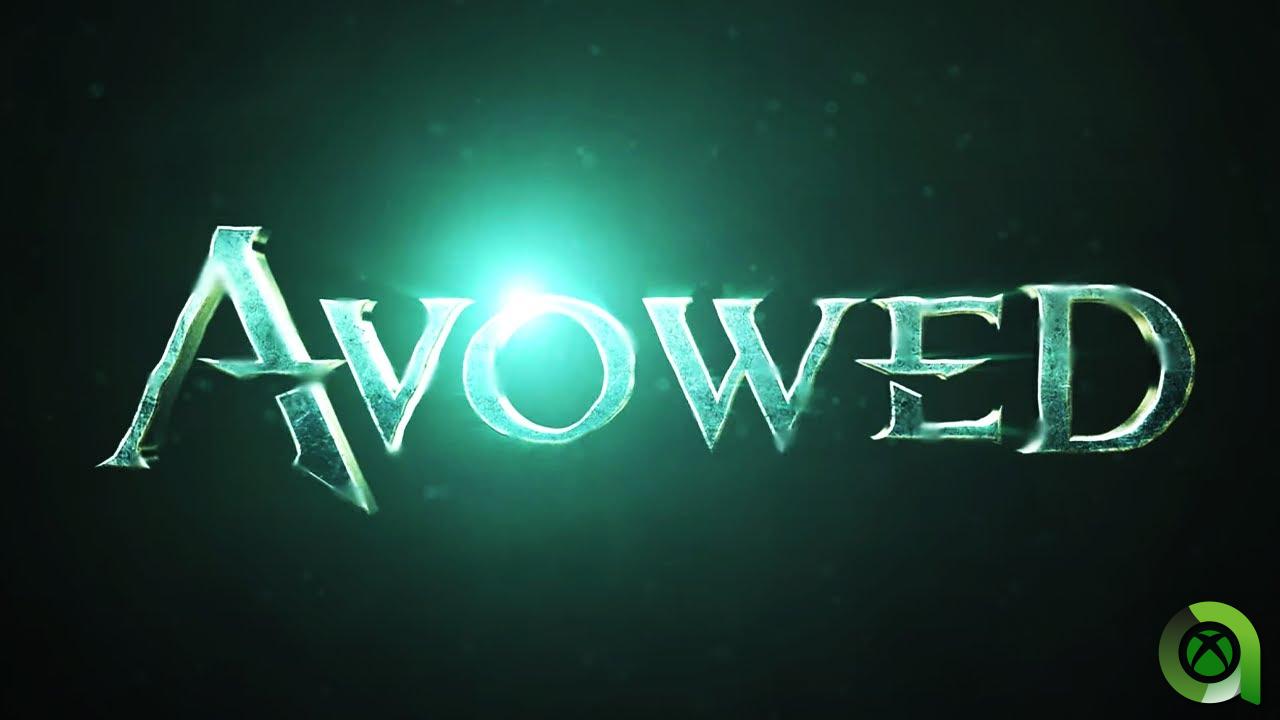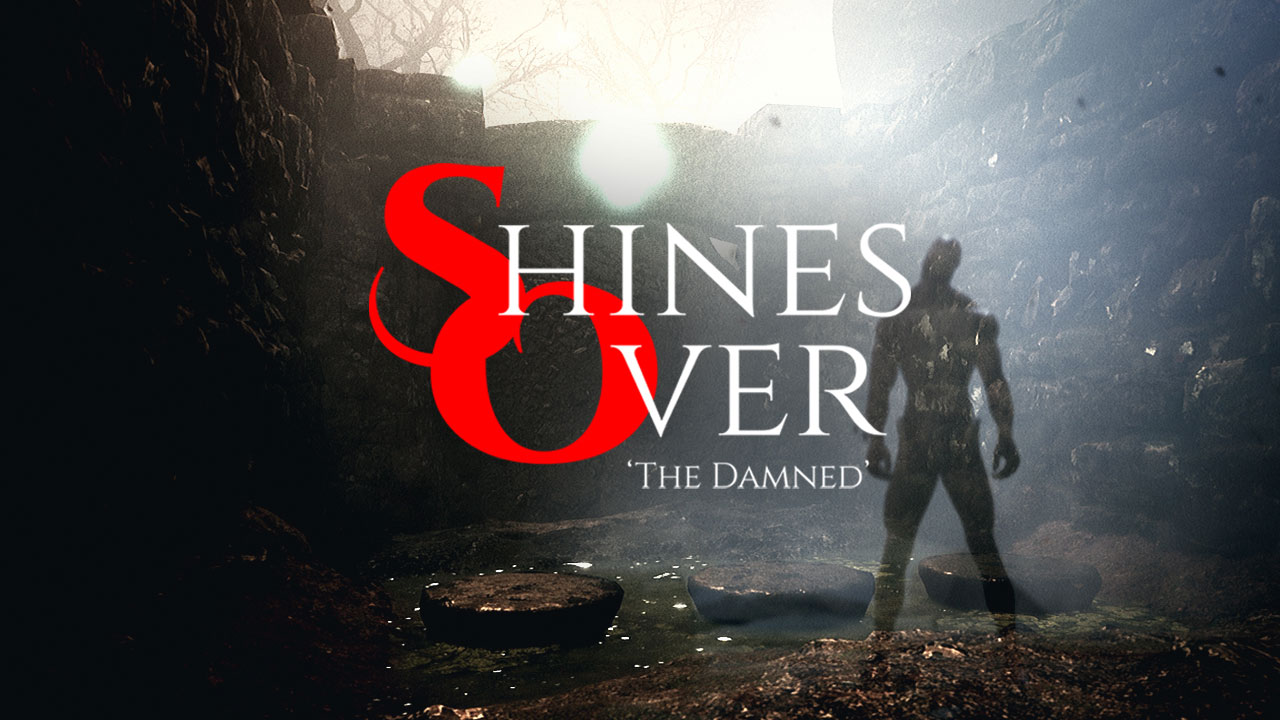When Jukai Studio officially opened its doors in 2022, there was no mistaking which project they wanted to tackle first: an untitled horror concept that they hold dear and would eventually become one Stray Souls.
Close Stray Soulsthe team recalled their favorite horror games of all time and asked themselves, “Why do we love them? What makes these games so memorable?” Although various favorites were discussed at length, that was it silent Hill franchise that was at the top of everyone’s list.
The Stray Souls The mission was clear: to create a truly immersive gaming experience inspired by the classics of the genre. To achieve this, the team placed great emphasis on excellent audio quality and turned to none other than Akira Yamaoka, whose work on the silent Hill Series is iconic. Along with veteran indie composer Pete Wicher, the team have created a soundtrack to be very proud of and one that we’re sure players will love.
To celebrate this all-star collaboration, we sat down with the legend himself and asked Akira about his creation process.

Their music is widely acclaimed for its ability to evoke emotion and set the mood of a game. Can you share with us your approach to composing music that creates an emotional impact in video games?
I think it’s important to communicate with a lot of people, read a lot of books, watch a lot of films, and use that as a reference. Musical creation can be viewed as a skill that can be learned. However, in order to evoke emotion and atmosphere, it is important to think about how it makes you feel.
Humans have many emotions and each person is different. In order to evoke such a variety of emotions, you need to think about them while encountering them by communicating with many people, reading many books, and watching many films. However, you can not only meet people and read books. It’s also important to see things from your own perspective.
As a composer, how do you work with game developers and other members of the creative team to ensure your music enhances the overall gaming experience?
It is necessary to gain a deeper understanding of the direction and content of the game and not just make music because it is your job. Music should not be created as instructed. You need a deeper understanding of the game. That’s why I think it’s important to talk a lot with the game developers.
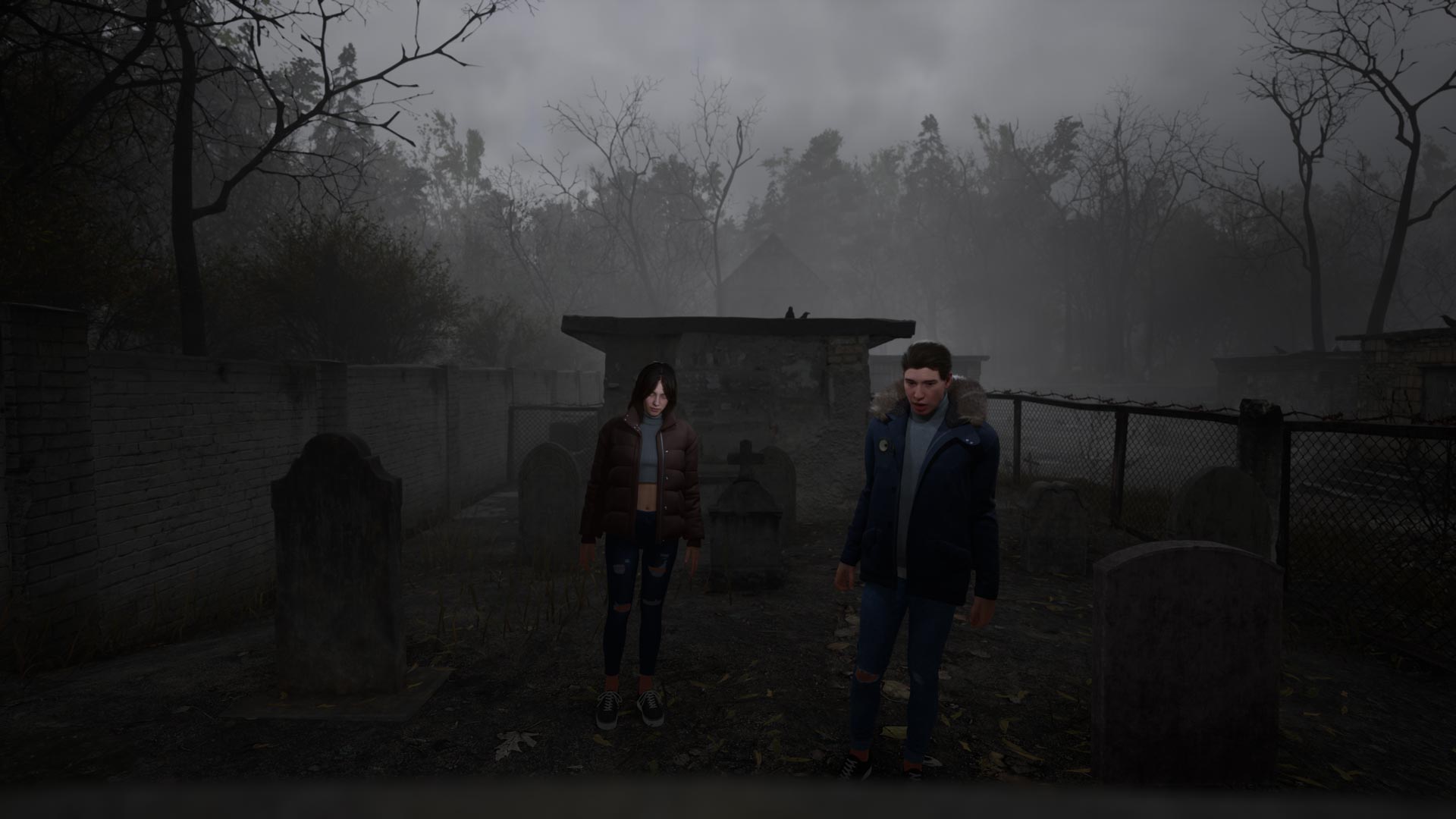
Their work is highly valued for the innovative use of unconventional instruments and sounds. Can you talk about your process of incorporating unconventional elements into your music and how this enhances storytelling in games?
I think about how the essence of a sound is felt. When you make music, you usually use the piano for a ballad or the guitar for a rock song, but I think something that’s so easy to imagine isn’t the essence of the sound. You have to record a sound and really think about how the listener will feel when they hear it.
Take, for example, the metallic clinking of a construction site or, on the other hand, the sound of water running down a river. Start with the feeling you get from this sound and use it to make music. I think you will get something that evokes emotion in the listener.
In addition to composing music, you have also been involved in sound design for video games. Can you share your insights into the relationship between music and sound design in creating an immersive audio experience for gamers?
Of course, the linchpin of game development is creating entertainment, so I think it’s different than a musician making music. First you need to think about what can make the game more fun and interesting, so just making music inevitably becomes irrelevant. In other words, you have to create a certain “something” that the human ear can perceive in the game.
If you’re a musician, you can easily make music, but as a game composer, your job when creating sounds and music is to think about what makes the game more fun and interesting. I believe that the game’s sound designer is responsible for the music, SFX, voice and all sounds coming from your TV or monitor.
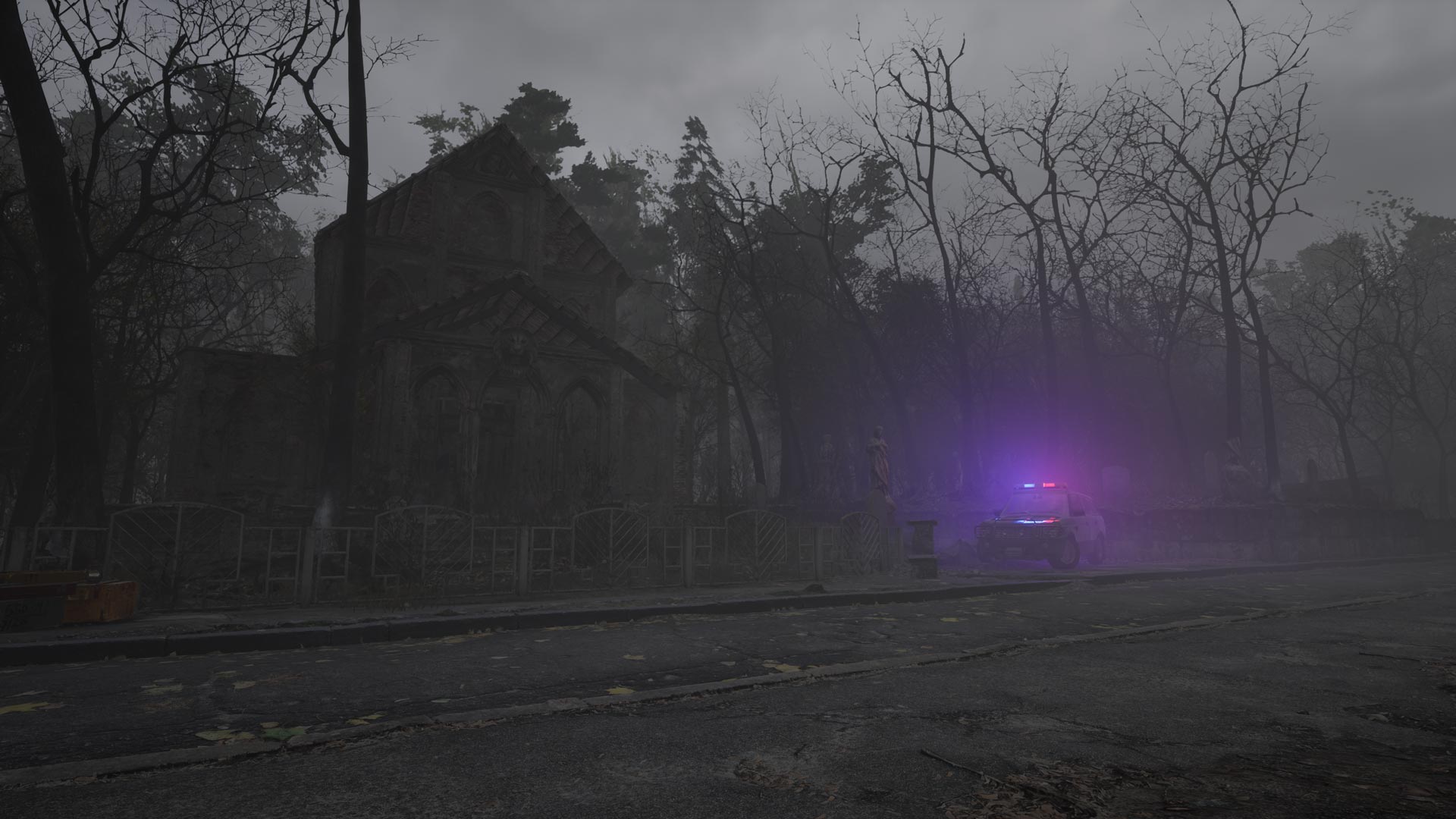
What inspires you to create such unique and atmospheric soundscapes for horror games?
I think there is some incongruity. In a stable environment, people will not feel uncomfortable. A beautiful chord progression and the ideas it conveys to the listener cannot inspire fear. Nor should it be too inappropriate. I think it takes just the slightest hint of inconsistency for the listener to think “something is wrong” or “something seems strange”.
Their music has a clear and recognizable style. How do you maintain your artistic vision while adapting your music to the unique needs and constraints of different video game projects?
That’s a great question (laughs). I think maybe it’s because I don’t imitate. Of course, at first you would imitate someone and try to create such an atmosphere, but it is very important to then create your own thing. However, sometimes your creation may not be accepted, so you must have your own philosophy. When composing you have to ask yourself why you are making music like this.
Even if you create something completely original, it will only be dust in the wind if your unique philosophy isn’t incorporated into it. That’s why I think it’s so important to keep asking myself, “Why am I making this music?” over and over again. To really think about it.
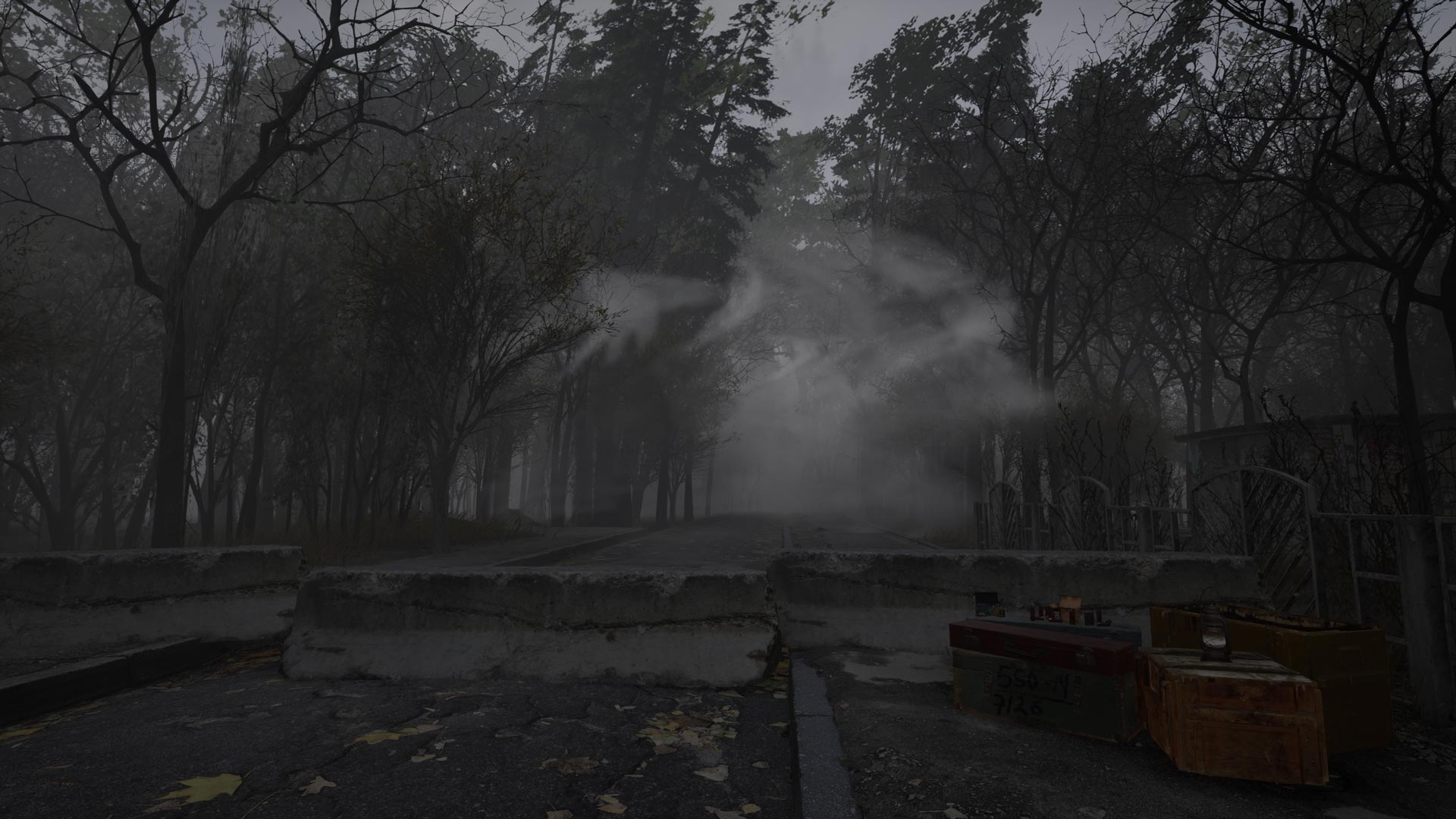
To what do you attribute your success as a music composer for video games, and what advice do you have for aspiring composers looking to break into the industry?
I think an important factor is not to rely too much on yourself and to meet a lot of new people and new works. To become involved silent Hill had a big impact on me. meeting with the silent Hill My team also contributed to my success.
I think the best advice I have for someone wanting to break into this world would be to develop your own sound design philosophy. Take on lots of small jobs and take advantage of the opportunities
that is given to you.
They have worked on various projects beyond video games, such as films and music albums. How do you adapt your creative process when composing for different media, and what challenges and opportunities do you encounter when working in different artistic contexts?
I think that in all these works the sound is not the most important thing. In games, movies, TV and anime, artistic value is the most important factor. Music is not the most important factor.
As a sound director, I have to think about how I can contribute to this work. How can I increase its artistic value? I tend to engage in all content creation from that point of view. That’s all.
Stray Souls Coming to Xbox Series S|X and Xbox One this Fall! Watch our brand new trailer to hear Akira Yamaoka’s original song “Splintered Minds” from the Stray Souls soundtrack.

Stray Souls
Versus Evil, LLC
Uncover the mysteries hidden in the haunted town of Aspen Falls, complete with gruesome enemy encounters, epic bosses, mind-bending puzzles, and a deep story where not everyone is who they seem. Play as Daniel – an average teenager whose life is changed forever after he inherits his estranged grandmother’s house and meets a mysterious woman who knows all about his family, the house and its shocking connection to his past. Inspired by classic horror combat, the gameplay elements bring a new twist to the modern action horror genre with Soul-like precision. FEATURES: • Explore the town of Aspen Falls and the surrounding areas to uncover a malicious conspiracy that started when Daniel was born. • Immerse yourself in Daniel’s story. Choose answers at key moments through branching dialogue options and shape Daniel’s tone and personality. • Fight hordes of evil creatures or run for your life. Simplified combat without large equipment puts an emphasis on the strategic development of combat tactics and resource management. • Solve dozens of clever puzzles with ready-to-use solutions to test your wits. • Random systems ensure that enemy encounters, item locations, changing weather conditions, and strange phenomena occur in different locations, making each playthrough unique. NEXT GENERATION HORROR Experience pure terror like never before with the raw combined power of the Unreal 5 engine and Metahuman technology. Advanced facial animations capture a wide range of human emotions, creating a whole new level of photorealism! Dynamic lighting and weather bring Aspen Falls to life in eerie detail, from the peeling wallpaper of Grandma’s house to the dense expanses of a mist-shrouded forest and beyond! DEEP, FANTASTIC STORY Welcome to Aspen Falls, a small town plagued by a dark curse that consumes everything in its path. After inheriting his estranged grandmother’s house on his 18th birthday, Daniel thinks he has won the lottery, but soon discovers that luck had nothing to do with it. Now at the center of a dark ritual that threatens his very existence, he must embark on a terrifying journey to uncover the mysteries of his past. FIGHT OR FIGHT FIGHTING The choice is yours. Daniel is not a trained soldier. Grab a gun and stand your ground, or run to safety and save your health and ammo for one of the game’s tough bosses. DELICATE PUZZLES Test your combination and problem-solving skills as classic-style puzzles get a modern makeover. FASCINATING SOUNDTRACK Haunting and ethereal at times. Hellish and annoying towards others. Lose yourself in the captivating original score by veteran indie composer Peter Wicher as you journey across Aspen Falls.

